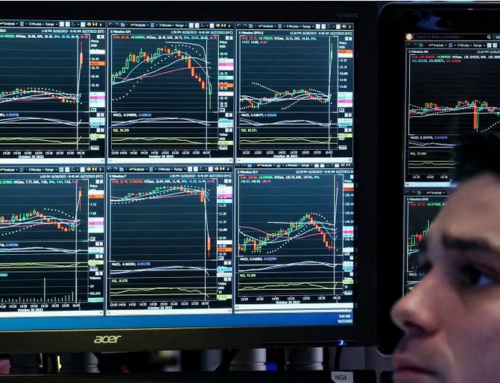By Dr. Jonathan Tiemann
Pity the poor hedge fund manager. The lead item in one of the many daily “news” emails I received today — this one from Chief Investment Officer magazine — reads, “Don’t Blame the Hedge Fund Managers.” [1] The burden of the item is that it isn’t the funds’ managers’ fault that they performed so badly during 2014. A separate item [2] reports on a study by Deutsche Bank, which concluded that “Two-thirds of 435 investors representing more than $1.8 trillion in hedge fund assets said their allocation did not meet target expectations last year. Only 27% said they met their target while an even lower 7% outperformed. The respondents’ disappointment is reflected by hedge funds’ overall underperformance. Their portfolios returned 5.26% on average, according to Deutsche Bank’s research, lagging behind the average expected return of 8.11%.” The S&P 500 returned 13.7% for the year. [Standard and Poors]
So why did the hedge funds do so badly? According to the CIO item, an analytics outfit called Novus figures that the reason is that the markets have been going through a period of unusually high correlations among stocks, and unusually low dispersion of returns across stocks. The idea is that in such an environment, the opportunities for managers to add value through stock-picking are unusually sparse. So it must be good news for hedge fund managers that Michael Santoli of Yahoo! Finance has declared the current environment a “stock picker’s market,” [3] which he defines as “a market where a greater number of individual stocks and sectors go their own way, rather than track the broad market.” And really, it isn’t just hedge fund managers that should, it would appear, be happy. Managers of traditional active mutual funds, which try to out-perform the market, should see greater opportunity in such a market too, right?
Let’s set aside the point that fund managers are constantly on business TV, claiming that we’re in a stock picker’s market, and suppose Mr. Santoli is right. That would mean it’s a good time to invest in hedge funds, or at least in actively managed mutual funds, right? Well, not so fast. The problem is that greater dispersion in stock performance translates into greater dispersion in fund performance, but no greater probability that any given fund will do well. [4] So while a “stock picker’s market” is a good time to be in a top-performing fund, it’s a particularly bad time to be in a bad one. In other words, in a high-dispersion market, the relative risk of active management is also higher. That means that your actively managed fund has to overcome both the costs of investing (fees, transaction costs, and such) and the added risk of active management — especially in a “stock picker’s market.” That may be the real reason the hedge fund managers have done so poorly.
[1] Sage Um, “Don’t Blame the Hedge Fund Managers,” Chief Investment Officer, Asset International, April 23, 2015. http://www.ai-cio.com/channel/Manager-Selection/Don-t-Blame-the-Hedge-Fund-Managers/
[2] Sage Um, “Poor Hedge Fund Returns Set to Last, Say Investors,” Chief Investment Officer, Asset International, March 3, 2015. http://www.ai-cio.com/channel/asset-allocation/poor-hedge-fund-returns-set-to-last,-say-investors/
[3] Michael Santoli, “Is this the ‘stock picker’s market’ you’ve been asing for?” Yahoo! Finance, April 23, 2015. http://finance.yahoo.com/news/welcome-back-to-a-stock-picker-s-market-114034204.html
[4] Tim Edwards and Craig J. Lazzara, “Dispersion: Measuring Market Opportunity,” Research paper, S&P Dow Jones Indices, December 2013. http://us.spindices.com/documents/research/research-dispersion-measuring-market-opportunity.pdf










Leave A Comment